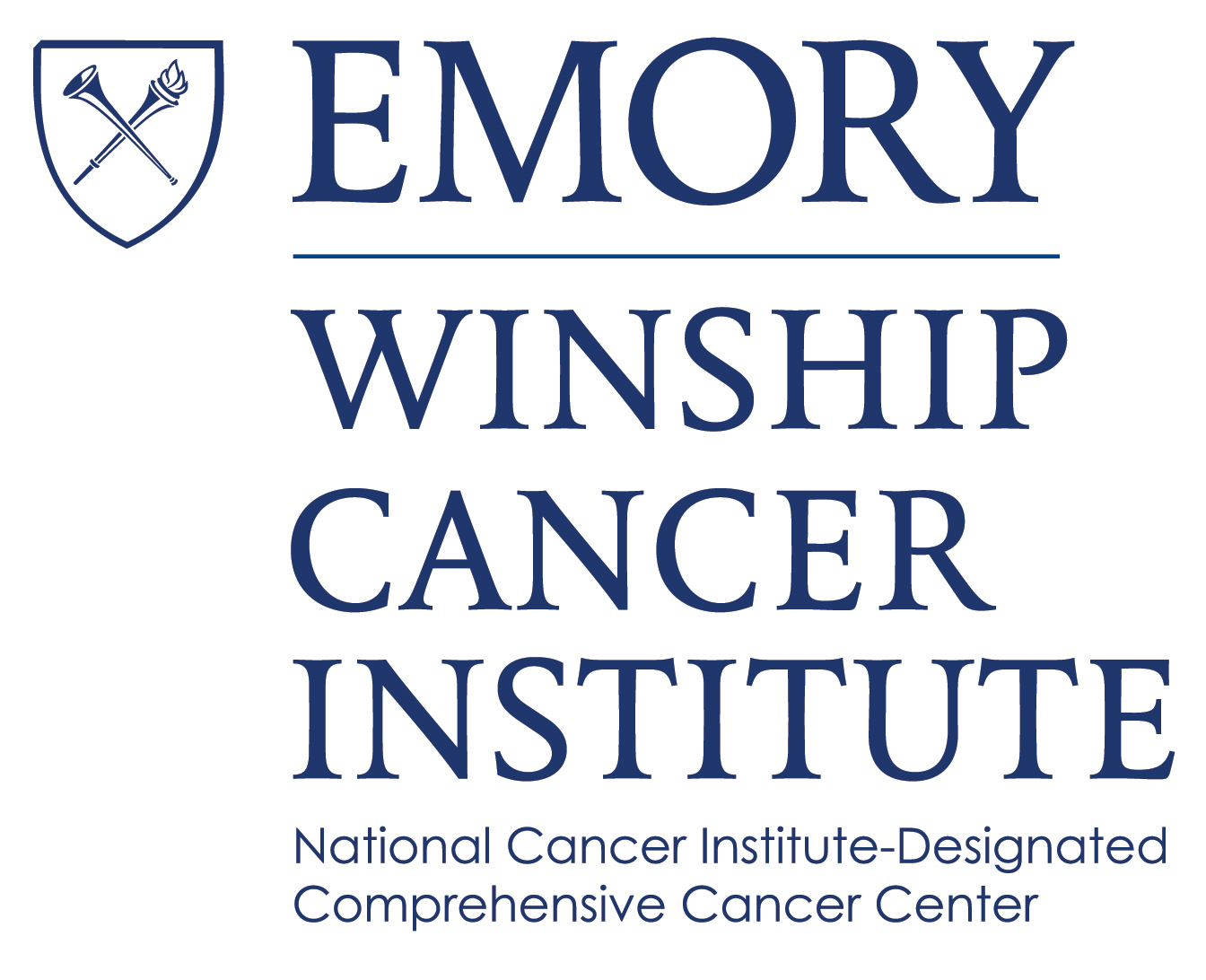- Advertise
- About OncLive
- Editorial Board
- MJH Life Sciences brands
- Contact Us
- Privacy
- Terms & Conditions
- Do Not Sell My Information
2 Clarke Drive
Suite 100
Cranbury, NJ 08512
© 2025 MJH Life Sciences™ and OncLive - Clinical Oncology News, Cancer Expert Insights. All rights reserved.
Dr Kalinsky on the postMONARCH Study in HR+/HER2– Advanced Breast Cancer
Kevin Kalinsky, MD, MS, discusses outcomes of the phase 3 postMONARCH study in hormone receptor–positive, HER2-negative advanced breast cancer.
“One thing that’s worth noting about [the efficacy outcomes with abemaciclib plus fulvestrant] is [they were] not dependent on mutations that patients had; there was benefit [with the regimen vs placebo plus fulvestrant], regardless of whether patients had ESR1 mutations or mutations in the PI3K/AKT pathway.”
Kevin Kalinsky, MD, MS, professor, Department of Hematology and Medical Oncology, director, Division of Medical Oncology, Department of Hematology and Medical Oncology, Emory University School of Medicine; Louisa and Rand Glenn Family Chair in Breast Cancer Research, director, Glenn Family Breast Center, director, Breast Medical Oncology, Winship Cancer Institute of Emory University, discusses the outcomes of the phase 3 postMONARCH study (NCT05169567) for patients with hormone receptor (HR)–positive, HER2-negative advanced breast cancer.
Notably, findings from the randomized trial were shared at the 2024 ASCO Annual Meeting. Kalinsky begins by saying that the postMONARCH study was a significant trial. Previous phase 2 studies had yielded inconsistent results on whether continuing a CDK4/6 inhibitor and switching hormonal therapy was beneficial for patients progressing on prior hormonal therapy and CDK4/6 inhibitors. Two studies with palbociclib (Ibrance) in this population had negative outcomes, whereas a trial with ribociclib (Kisqali) showed a positive effect, he reports, noting that postMONARCH evaluated abemaciclib (Verzenio) plus fulvestrant (Faslodex) in this population, providing clarity through a robust phase 3 design.
This large, randomized, placebo-controlled trial included 368 patients, Kalinsky continues. Patients previously treated with an aromatase inhibitor and a CDK4/6 inhibitor were randomly assigned to receive fulvestrant monotherapy or fulvestrant combined with abemaciclib. The results demonstrated an improvement in progression-free survival with the combination treatment, he shares. Notably, the greatest benefit was observed in patients with prior palbociclib use and those with non-visceral, bone-only disease.
An important aspect of the study was its independence from specific genetic mutations, Kalinsky expands. The treatment benefit with the combination was observed regardless of the presence of ESR1 mutations or alterations in the PI3K/AKT pathway. This finding highlights the broad applicability of the abemaciclib and fulvestrant combination as a potential treatment strategy for patients with HR-positive, HER2-negative advanced breast cancer, he concludes.


